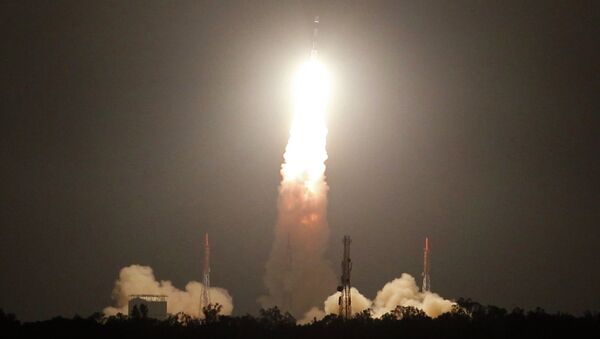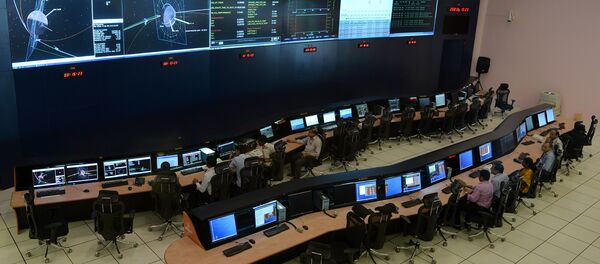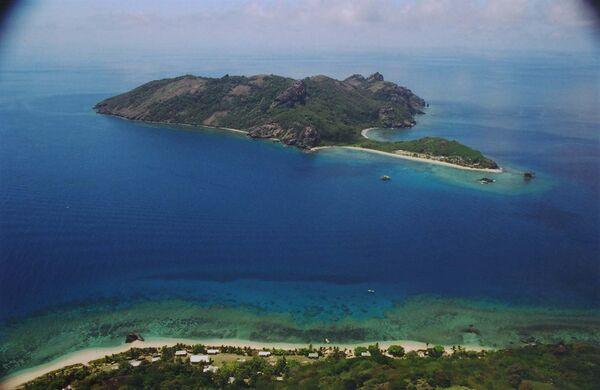Indian space program scientists already have experience on the Fiji Islands, stationed there to track the country's Mangalyaan Mars Orbiter Mission after its launch from the Satish Dhawan Space Center at Sriharikota, southern India in late 2013.
An emerging space power, India presently relies on the US and Australia for assistance in monitoring its satellites over the Pacific. Experts suggest that the establishment of a monitoring station in Fiji would be a major breakthrough for India's space program, leaving the country with an independent satellite tracking capacity.
Rajiv Nayan, security expert at India's Institute for Defense Studies and Analyses, told Sputnik that "the Fiji Islands are extremely important from the strategic point of view, but [the station] does not mean that India is going to compete with the United States, China or any other country in the field of space exploration. India is doing this not only for its own benefit, but also to be able to help other countries. For example, India [would be able] to provide satellite data on climate change to countries of the Pacific region."
India is eager to join the world's other space powers in peaceful space exploration. Last week, the Indian Space Research Organization signed a Memorandum of Understanding with Russia's Roscosmos, aimed at expanding cooperation between the two agencies through the sharing of expertise and resources in areas including satellite navigation, launch vehicle development, technologies for human space flight, remote sensing, space science, planetary exploration and the use of ground infrastructure.




